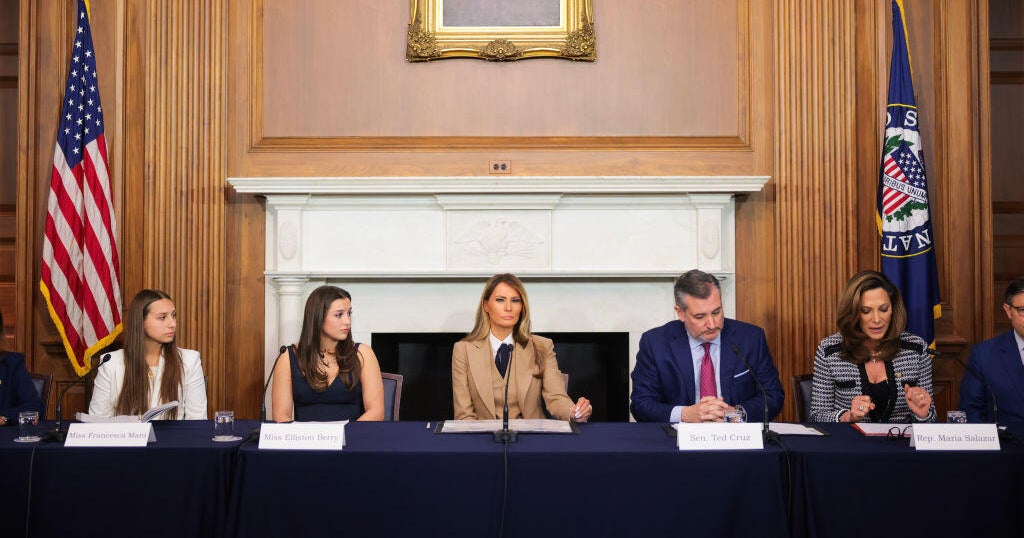Take It Down Act: A New Era of Online Protection
Washington, D.C. — The House of Representatives has approved a landmark bipartisan piece of legislation aimed at combating non-consensual explicit imagery online. Known as the “Take It Down Act,” this bill seeks to criminalize the sharing of both real and artificially generated explicit content without the consent of the individual depicted.
Legislative Details
Passing at an overwhelming majority of 409-2, the bill has now proceeded to the president’s desk after receiving unanimous approval from the Senate back in February. This significant legislative move reflects a growing recognition of the dangers posed by revenge porn and AI-generated deepfakes.
An essential feature of the Take It Down Act mandates that social media platforms and various websites must remove contested images and videos within 48 hours after a victim’s request. This swift action aims to empower victims and provide them with a remedy against online harassment.
Personal Stories Shape Legislative Action
Senator Ted Cruz, who introduced the bill, highlighted the urgent need for such legislation during a roundtable at the U.S. Capitol. He recounted the case of a teenager, Elliston Berry, who suffered the indignity of having explicit images created and disseminated without her consent. Cruz noted the distress her mother faced in trying to have these images removed from platforms like Snapchat before seeking governmental intervention.
“It should not take a sitting senator or sitting member of Congress picking up the phone to get a picture down or video down,” Cruz stated during the discussion.
Support from the First Lady
First Lady Melania Trump has lent her support to the legislation, attending the roundtable to advocate for its passage. She expressed her concern for young teens affected by malicious online content, stressing that the consequences can be severely damaging.
“It’s heartbreaking to witness young teens, especially girls, grappling with the overwhelming challenges posed by malicious online content like deep fakes,” she remarked. “This toxic environment can be severely damaging.”
Potential Impact and Concerns
According to the FBI, the prevalence of victim extortion associated with non-consensual imagery has escalated, sometimes leading victims to tragic outcomes. Lawmakers believe the Take It Down Act could save lives by offering victims a pathway to regain their dignity and safety.
Rep. Maria Elvira Salazar of Florida, who co-sponsored the bill, emphasized its mission to halt cyber abuse:
“The mission of this bill is simple, profound and long lasting. It stops cyber abuse. It prevents the bullying of one child against another, and even more importantly, it prevents suicide born out of shame,” Salazar asserted during recent floor debates.
Support and Criticism from Tech Companies
Major technology companies including Meta, which owns Facebook and Instagram, as well as TikTok and Snapchat, have publicly backed the legislation. However, digital rights advocates have raised alarms regarding potential overreach, arguing that the bill could inadvertently suppress lawful speech, including consensual adult content. Concerns have also been expressed regarding the absence of safeguards against malicious takedown requests.
Conclusion
The passage of the Take It Down Act signifies a pivotal moment in the fight against digital exploitation. By imposing federal penalties and clear removal protocols, the legislation aims to protect the rights and dignity of individuals affected by non-consensual explicit imagery.

